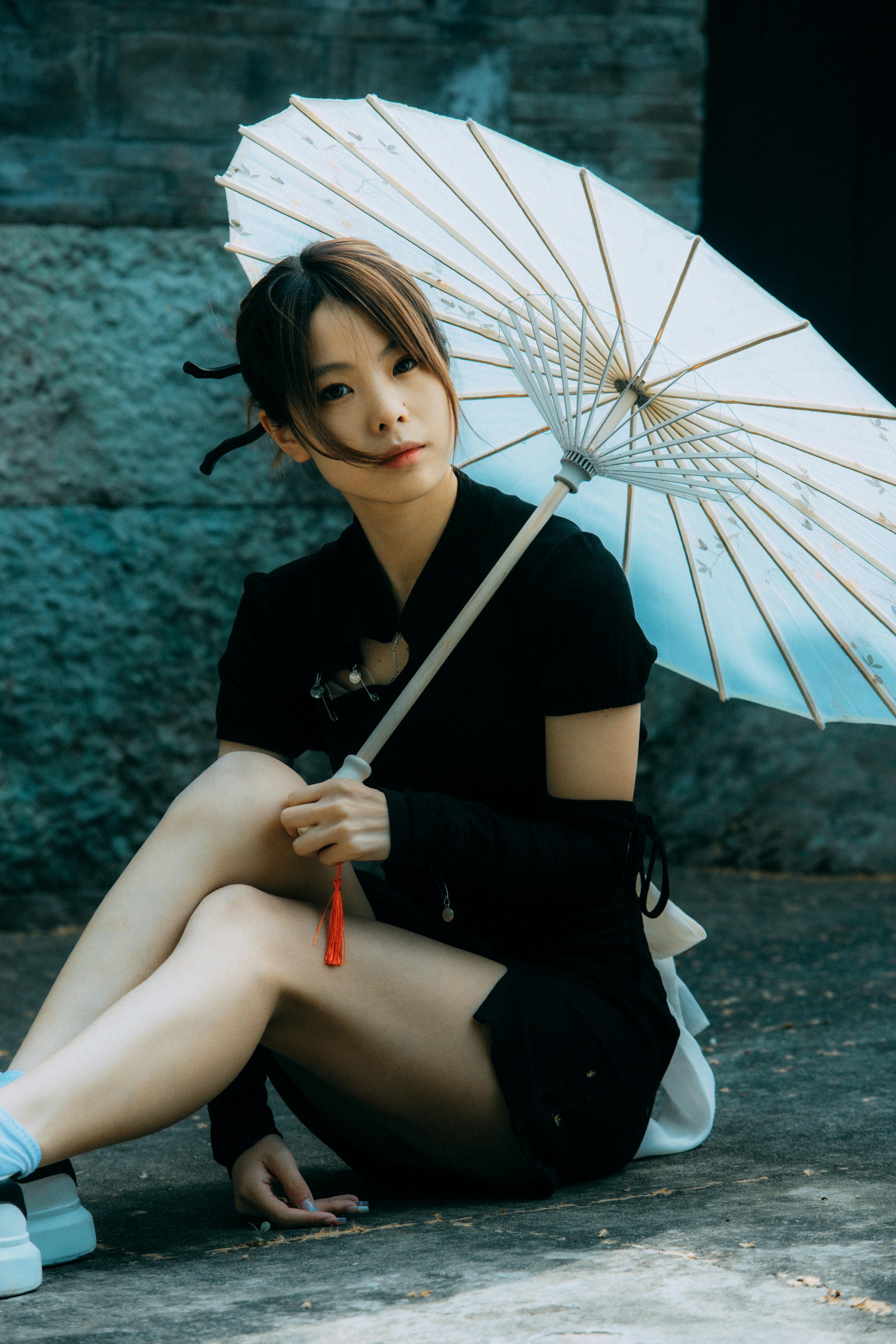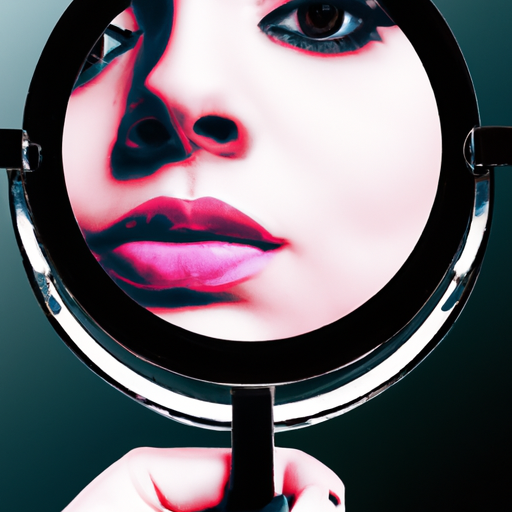In today’s digital age, social media has become a powerful platform for showcasing beauty products and treatments. However, amidst the countless influencers and advertisements promoting these products, it is crucial for businesses and business owners to be aware of the potential legal implications surrounding social media beauty claims. From false advertising to misleading testimonials, this article will explore the complex world of social media beauty claims and provide valuable insights for companies seeking to navigate this legal terrain.
Social Media Beauty Claims
In today’s digitally connected world, social media has become an integral part of our lives. It has changed the way we communicate, share information, and even shop for products. One particular area where social media has made a significant impact is the beauty industry. Social media platforms like Instagram and YouTube have given rise to a new breed of influencers who have a profound influence on the beauty industry and the products we use. However, it is essential to understand the potential risks and consequences associated with social media beauty claims, as well as the legal perspective and the measures in place to protect consumers.
Understanding the Influence of Social Media
Social media has created a whole new playing field when it comes to marketing and advertising. Influencers, with their thousands or even millions of followers, have the power to sway consumer behavior and shape trends. When it comes to beauty, these influencers often share their personal experiences and promote various products, claiming miraculous results. The visual appeal of social media platforms makes it easier for beauty brands to showcase their products and attract consumers.
The Appeal of Beauty Claims on Social Media
Social media beauty claims hold immense appeal for consumers. The influencers they follow present themselves as relatable, trustworthy individuals who share their genuine experiences with beauty products. Their before-and-after photos, reviews, and endorsements can be extremely persuasive, making it difficult for consumers to resist the allure. The instant accessibility of social media platforms also allows consumers to research products, read reviews, and make purchasing decisions quickly and conveniently.

The Potential Risks and Consequences
While social media beauty claims may seem harmless, there are potential risks and consequences that consumers should be aware of. One significant concern is the accuracy of the claims being made. With limited regulations and industry standards, influencers may exaggerate product benefits, leading to false expectations and disappointment. Additionally, certain beauty treatments and product ingredients may pose health risks, especially if used incorrectly or without professional guidance.
The Legal Perspective: False Advertising Laws
False advertising is a serious offense, and social media beauty claims are not exempt from the scrutiny of the law. False advertising refers to any deceptive or misleading statement or representation made by a business or individual to promote their products or services. In the case of social media beauty claims, influencers and brands can be held liable for false advertising if they make exaggerated or unsubstantiated claims about the efficacy of their products.
Identifying Misleading Beauty Claims
To protect yourself as a consumer, it is crucial to be able to identify misleading beauty claims on social media. It is important to look for substantiation and scientific evidence to support the claims being made. Be wary of before-and-after photos that seem too good to be true or products that promise unrealistic results. Research the ingredients used in the products and seek professional advice if necessary.
Challenges in Holding Social Media Influencers Accountable
Holding social media influencers accountable for misleading beauty claims can be challenging due to various factors. The decentralized nature of social media platforms, the global reach of influencers, and the lack of clear regulations make it difficult to enforce accountability. Additionally, influencer marketing often blurs the line between genuine product endorsements and paid promotions, further complicating matters.

Protecting Consumers: Regulatory Bodies and Guidelines
While enforcing accountability for social media beauty claims may be challenging, there are regulatory bodies and guidelines in place to protect consumers. For instance, the Federal Trade Commission (FTC) in the United States has guidelines that require influencers to disclose any material connections they have with the brand they are promoting. These guidelines aim to promote transparency and help consumers make informed decisions.
Taking Action Against Deceptive Practices
If you believe you have been misled by a social media beauty claim, it is essential to take action against deceptive practices. Start by documenting any evidence, such as screenshots or saved posts, that support your claim. Report the misleading content to the social media platform, as they have policies in place to address false advertising and misleading claims. If necessary, you can also seek legal advice from an attorney specializing in false advertising and consumer protection.

Common Misconceptions About Social Media Beauty Claims
As with any topic, there are often misconceptions that surround social media beauty claims. One common misconception is that all influencers are out to deceive consumers. While some may engage in unethical practices, many influencers genuinely believe in the products they promote. It is essential to approach social media beauty claims with a critical mindset and not dismiss them entirely.
FAQs about Social Media Beauty Claims
Q: Are beauty products endorsed by influencers always effective?
A: Not necessarily. While influencers may genuinely believe in the products they promote, individual results may vary. It is crucial to do proper research and consider your own unique needs before purchasing any beauty product.
Q: What should I do if I’ve suffered adverse effects from a beauty product I saw on social media?
A: If you have experienced adverse effects from a beauty product seen on social media, seek medical attention immediately. Document your symptoms, and consider discussing with a lawyer who specializes in product liability and consumer protection.
Q: Can influencers be held accountable for false beauty claims?
A: Yes, influencers can be held accountable for false beauty claims. The Federal Trade Commission (FTC) has guidelines in place to promote transparency and ensure influencers disclose any material connections they have with the brands they promote.
Q: How can I protect myself from misleading beauty claims on social media?
A: To protect yourself, it is essential to approach social media beauty claims with skepticism. Look for scientific evidence to support the claims being made, research the product ingredients, and seek professional advice if necessary. Remember, if something seems too good to be true, it probably is.
Q: Can I sue a beauty brand for false advertising?
A: If you believe a beauty brand’s false advertising has caused you harm, you may be able to sue for damages. Consult with a lawyer specializing in false advertising and consumer protection to discuss the potential merits of your case.
In conclusion, social media beauty claims hold significant influence over consumer behavior, and it is crucial to approach them with skepticism and critical thinking. By understanding the legal perspective, identifying misleading claims, and taking appropriate action against deceptive practices, consumers can protect themselves from potentially harmful or ineffective beauty products. Remember to always do thorough research, seek professional advice when necessary, and consult with legal experts if you believe your rights as a consumer have been violated.
